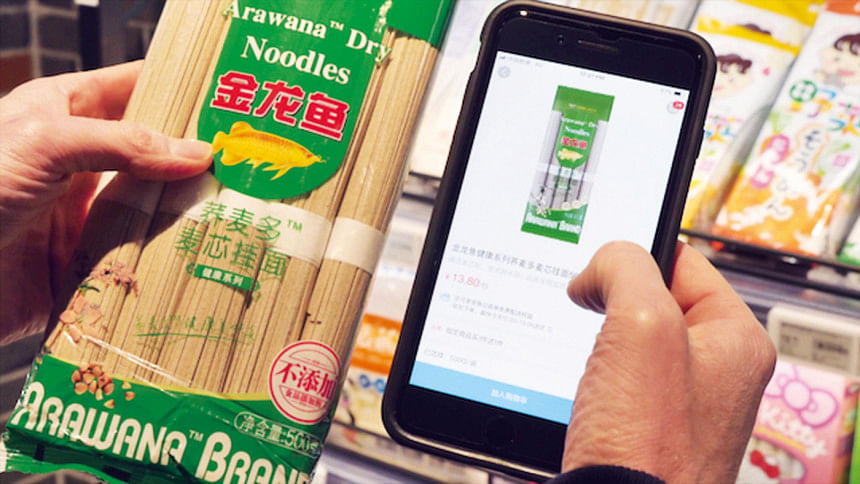The future of supermarkets is here, thanks to Alibaba

More than 200 Freshippo supermarkets are open in China, operating as ultra-high-tech supermarkets. In these shops, blue polo clad pickers examine shelves with iPhones, scanning barcodes to find the exact brand of oranges, or spice mixes that match online orders. Items are placed in a bag, attached to the automated conveyor system, and whisked up and out to the back of the store to the delivery motorbikes.
All online orders arrive within 30 minutes of a shopper clicking "buy" within a three-kilometre radius. Conveyor belts for shopping bags, personalised food recommendations, and facial recognition payments make for a unique supermarket shopping experience which many term as 'supermarkets on steroids'.
Alibaba, the e-commerce titan, owns and operates all of them as part of its aim to lead the way in what it calls 'New Retail.' And these Freshippo supermarkets may give a roadmap for how supermarkets in the rest of the world may plan their renovation strategies as they recover from the pandemic's crucial blow on businesses.
Alibaba co-founder Jack Ma created the term 'New Retail' over five years ago. In 2016, the first Freshippo store debuted in Shanghai. Alibaba had 64 outlets in 14 cities by 2018. Only two years after opening that first store, online grocery sales in China had increased to 32.5 per cent, with each Freshippo store receiving "tens of thousands" of orders every day, according to Guo Xulin, chief of staff at Alibaba's Freshippo Business Group. Over 60 per cent of Freshippo sales come from online.
This concept hasn't simply been tested at supermarkets. According to Xulin, there are now hi-tech convenience stores and breakfast pick-up stations scattered all over China that follow the Freshippo model. However, Alibaba's impact on the supermarket industry is undoubtedly the most significant. As a result, several of its rivals are also following suit in transforming the industry for good. By the end of 2021, rival retailer JD plans to have 49 of its own seven fresh supermarkets operating in China with robotic shopping carts and wristbands that scan products as they are added into the basket.
For both Alibaba and JD, the pandemic has proved to be a major boost and pushed the businesses to rethink innovation, charting a course for others in the way. It seems like China and its unique brand of high-tech supermarkets might finally have some solutions up their sleeves, and for the time being, the future does not look too bad.

 For all latest news, follow The Daily Star's Google News channel.
For all latest news, follow The Daily Star's Google News channel. 



Comments